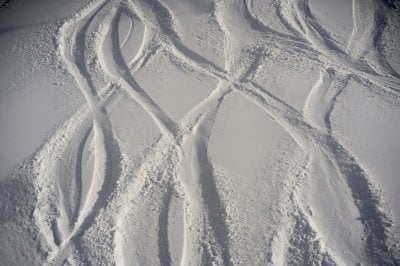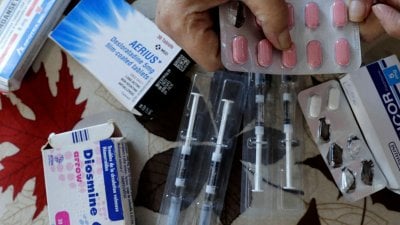“Lebanon Debate”
Who would have imagined that amidst Lebanon's economic and social crisis, overshadowed by ongoing tensions in its southern territories, and with 74% of its citizens living below the poverty line, the restaurants would still be packed? One could not tell from the bustling activity that the country is facing such challenges.
However, the CEO of the Lebanese Institute for Market Studies, Dr. Patrick Mardini, argues that the crowded restaurants and the growth rate recorded in the tourism investment sector are not factors of actual tourism activity. He explains that the current investments primarily involve the opening of numerous restaurants and cafes in specific Lebanese regions and should not be considered as genuine indicators of tourism activity.
During his discussion with Lebanon Debate with regard to the investment spree, Dr. Patrick Mardini justified this by pointing out the success of the tourism activity last summer, which reached amazing numbers similar to those seen in the 2019 pre-crisis.
Compared to previous tourism investments, Mardini confirms that the current wave of tourism investments does not include the opening of hotels, huge tour facilities, resorts, and new commercial centers. Additionally, these investments do not involve the reopening of major hotels that have closed their doors after the financial and economic crisis, the port explosion, and the collapse of the banking sector.
Therefore, talking about the fact that investments are back is farfetched. The CEO talked about the current risk associated with opening a new tourism project. While it is normal for some companies to close while others open, overall, the numbers have not reached the same levels as in 2019.
As for the source of funding for these projects amid the absence of bank loans, Dr. Mardini states that the funding comes from “cash” reserves held by the Lebanese. This goes back to the simple reason of frozen bank loans and the inability to access deposits. Therefore, those with savings can now invest in all sectors. Such investment is called “equity investment”, meaning that projects are funded without borrowing. However, since those with viable projects lack funds and cannot secure bank loans, this hinders the revival of the tourism sector.
Regarding the danger of using cash in investments and the possibility of money laundering, Mardini stressed that such situation arises for the sole reason of the absence of the primary role of the banking sector. In terms of money laundering, it may occur, but at a relatively low rate.
In response to a question about the increase in poverty in Lebanon as a result of the economic recession, according to recent reports, Dr. Mardini attributes the reasons to unemployment, a lack of job opportunities, and the closure of companies and commercial establishments. Thus, the current investments in the tourism sector may provide some jobs, which may help some get out of poverty.
Concerning the impact of the war in the south, Dr. Mardini described it as "dramatic" and highlighted its potential effect on expatriate movement. He mentioned concerns among expatriates about airport closures, making vacations for Lebanese working abroad risky due to uncertainty about their ability to return to work for security reasons.
As for the expected growth rate in tourism during the summer, Dr. Mardini pointed out that everyone hopes that the war will end before the summer and the tourism reality will change. Unfortunately, as long as the risk of the war expansion persists, achieving similar profitability figures in tourism to those of last year remains challenging.
زحمة المطاعم وفورة الإستثمارات: "فقاعة" سياحية؟
تــابــــع كــل الأخــبـــــار.
إشترك بقناتنا على واتساب
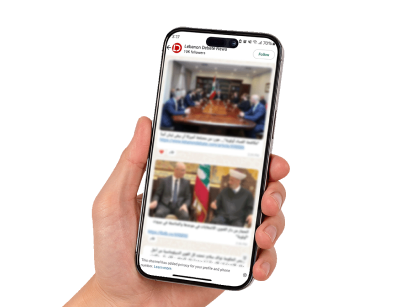
Follow: Lebanon Debate News



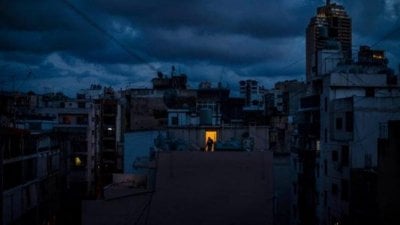
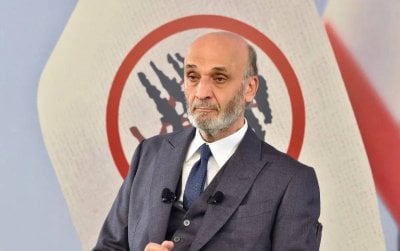
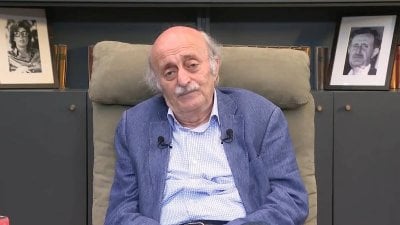
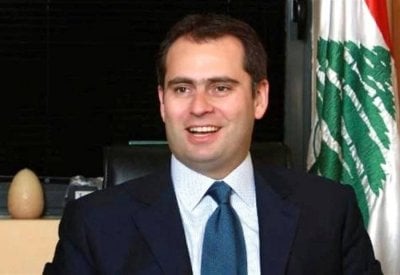
 الـــمــــزيــــــــــد
الـــمــــزيــــــــــد